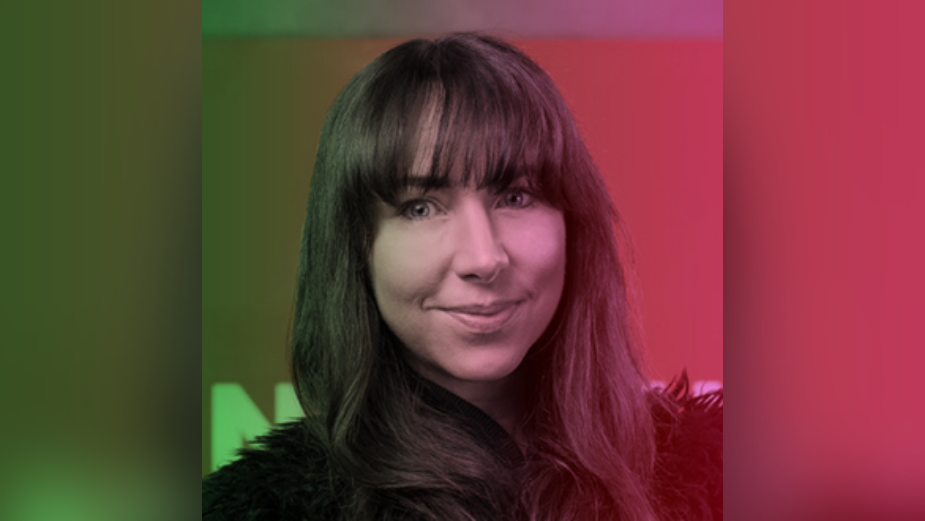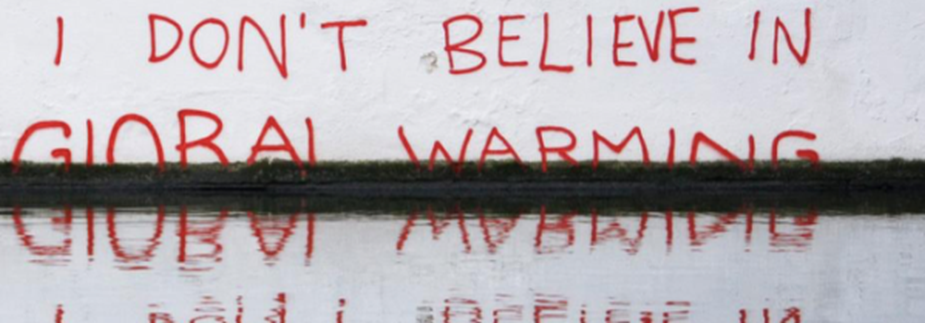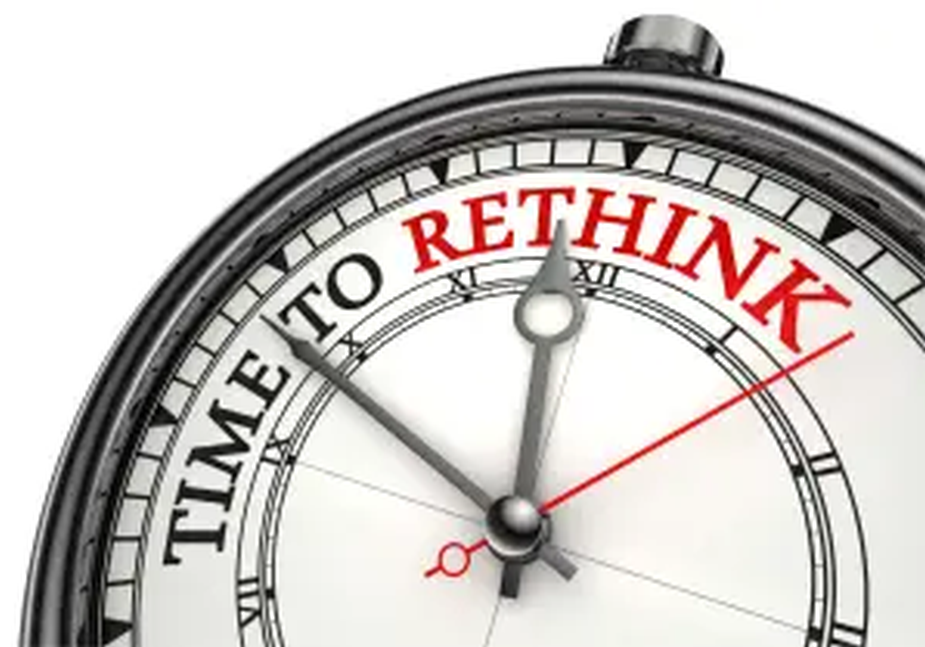
Delay Is the New Denial

Levels of awareness and ambition around the climate crisis have never been higher. A recent report by UNFCCC highlights that the number of commitments to reach net zero emissions from local governments and businesses has roughly doubled in less than a year, as many prioritize climate action in their recovery from Covid-19.
But are we really moving fast enough?
The short answer is no.
Just 10% of marketers claimed to be ‘well advanced’ in their sustainability journey according to the World Federation of Advertisers. As an industry that ironically prides itself on its progressive thinking and cultural prowess, we have a lot of catching up to do. Within our industry, there’s major knowledge gaps and literacy challenges – just like there were 15 years ago with the adoption of Social & Digital. What’s different today is that we can’t afford to delay this shift.
Climate Culture is about much more than the rise in ‘green trends’ and a re-appreciation of nature. While important, it’s not solely about displaying your brands’ ‘eco’ credentials. The widely referenced IPCC 1.5 Degree report says that limiting global warming to 1.5°C would “require rapid, far-reaching and unprecedented changes in all aspects of society.”
We need to see growth that doesn’t cost the earth – fast. Every day lost, makes the problem bigger. Whilst brands are committing to deliver on their carbon goals by 2030 (9 years away) it only takes 9 seconds for customers to switch to a ‘better’ brand alternative today…
The good news is climate deniers are becoming rarer. However, outright denial is being replaced with more subtle ways of downplaying the need for urgent and far-reaching action. Delay is the new denial.

‘Discourses of Delay‘ (identified by researchers at Cambridge Sustainability Department) are stalling our response to addressing the climate crisis, obscuring essential conversation and progress. These include four key problem areas:
1. Redirect responsibility (did you know BP oil popularised the term ‘carbon footprint’?)
2. Emphasise the downsides (policy perfectionism)
3. Surrender (it’s too late to do anything now, why bother?)
4. Push non-transformative solutions (eg: Technological optimism: ‘I’ll just wait for technology to fix it’)
You’re probably familiar with some, if not all, of these behaviours that support delay. They are arguments in their own individual right, but often used in combination to avoid personal accountability. The Climate Delayer makes arguments that are obscuring the need for immediate and radical action, they misrepresent rather than clarify, raise adversity rather than consensus, or imply that ‘taking action is an impossible challenge.’ – and this is from people within an industry that coined taglines like ‘Just Do It’ and ‘Impossible is Nothing.’

There are many ways to identify, understand and overcome these problems including embracing distributed leadership, using tools designed to address or speed up positive action, celebrating progress and transparency, making your existing job a green one (empower agents of change) and creating your own rulebook.
What we need is to cultivate a climate culture of acceleration.
This means addressing the climate crisis not just through the lens of “ambition” but through the lens of “acceleration”.
This means treating the climate crisis as a communications crisis.
This means adopting new tools and methodologies – finding new ways to grow. Purpose Disruptors’ Change The Brief and Ecoffectiveness (the missing measure) are a great source of inspiration.
This means understanding that our storytelling acts as an important influence on public opinion; knowing that we have the power to make the difference between making net zero lifestyles aspirational and normal or driving the culture of unsustainable consumption. As Naomi Klein puts it: “It’s not enough to imagine another world is possible, we need to feel and taste it.”
This means actively working toward the ambitious targets we are setting ourselves as agencies; brands; companies, nations and people, every single day.
We can’t afford to delay. Delay is the new denial.
Jane McDaid is founder and head of creative innovation at Thinkhouse













